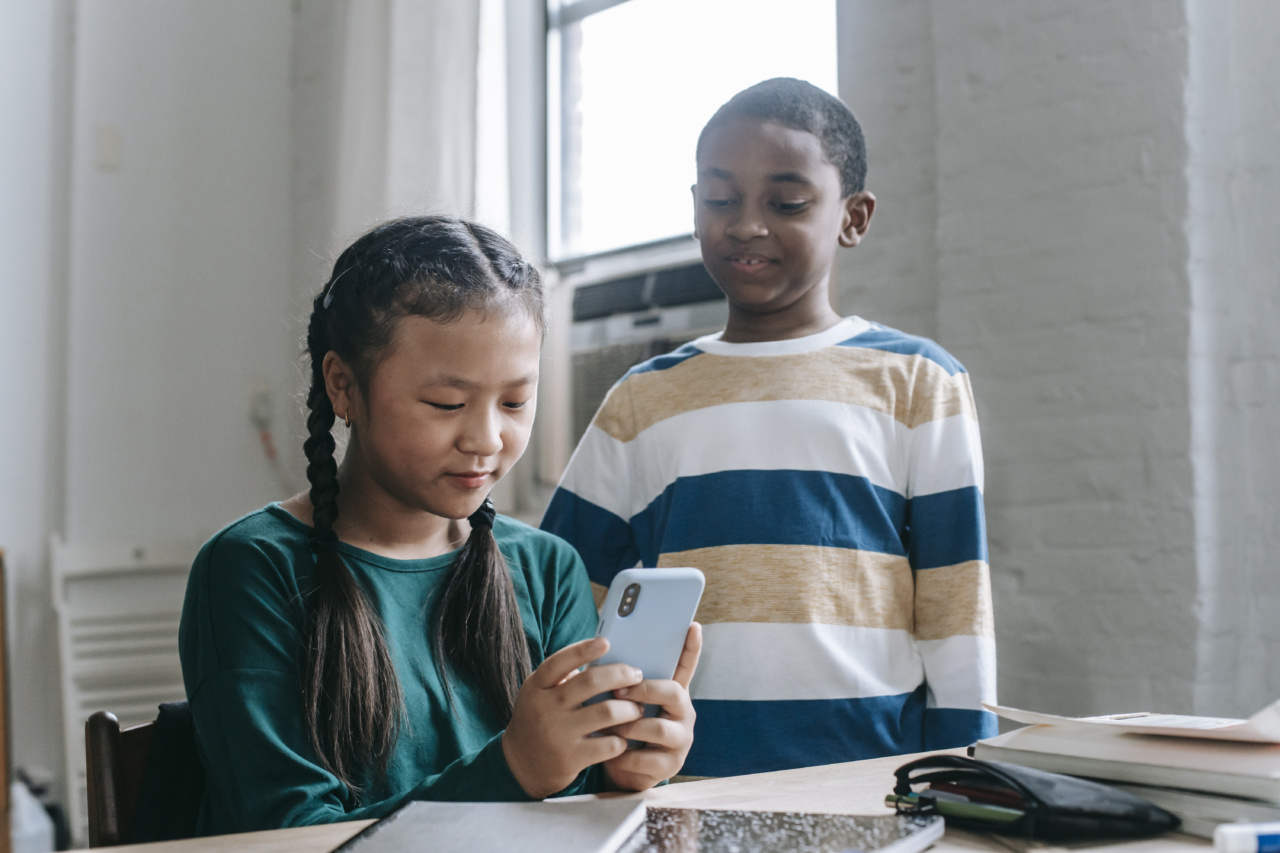In today’s digital age, social media has become an integral part of our daily lives. We use platforms like Facebook, Instagram, Twitter, and Snapchat to connect with friends, share moments, and stay updated on current events.
While social media has its benefits, such as connecting people from all over the world, it can also have negative consequences on our mental health.
Social media addiction is a growing concern, with research showing that excessive use of these platforms can lead to increased levels of anxiety, depression, loneliness, and low self-esteem.
The constant need for likes, comments, and validation can take a toll on our mental well-being, creating a vicious cycle of anxiety and social media addiction. In this article, we will explore the impact of social media on anxiety and provide strategies to break free from this cycle.
The Impact of Social Media on Anxiety
1. Comparison Trap.
Social media presents an idealized version of people’s lives, often filled with carefully curated photos and posts showcasing the highlights.
This constant exposure to others’ seemingly perfect lives can lead to the “comparison trap,” where we compare our own lives, accomplishments, and appearances to others. This can result in feelings of inadequacy, self-doubt, and anxiety.
2. Fear of Missing Out (FOMO).
Social media feeds are filled with events, parties, vacations, and gatherings that we may not have been invited to. The fear of missing out (FOMO) can trigger anxiety and the fear of not being included or left out.
Seeing others having fun without us can intensify feelings of loneliness, exclusion, and anxiety.
3. Cyberbullying.
Social media platforms provide a breeding ground for cyberbullying, where individuals can target and harass others from behind a screen. Being a victim of cyberbullying can lead to anxiety, fear, and a constant sense of insecurity.
The anonymity of the internet makes it easier for bullies to attack and can have long-term effects on the mental well-being of the victim.
4. Information Overload.
Social media bombards us with an overwhelming amount of information, from news articles to viral trends.
Constant exposure to this information overload can lead to information anxiety, where we become anxious and overwhelmed by the sheer volume of content. This can be particularly detrimental for individuals who are already prone to anxiety.
Breaking the Cycle of Social Media Addiction and Anxiety
1. Set Boundaries.
Establish clear boundaries around your social media usage. Set specific times of the day when you can check your social media accounts, and avoid mindless scrolling during other times.
By limiting your exposure, you can regain control over your time and reduce the anxiety associated with social media addiction.
2. Practice Mindfulness.
Mindfulness techniques, such as deep breathing exercises, meditation, and grounding techniques, can help alleviate anxiety associated with social media addiction.
By focusing on the present moment and being aware of your thoughts and emotions, you can reduce the impact of social media-induced anxiety.
3. Curate Your Feed.
Take control of the content you consume by curating your social media feed. Unfollow accounts that make you feel anxious, inadequate, or trigger negative emotions.
Instead, follow accounts that inspire you, promote positivity, and share meaningful content. Surrounding yourself with uplifting content can help break the cycle of anxiety and social media addiction.
4. Engage in Real-Life Connections.
Shift your focus from virtual connections to real-life connections. Nurture relationships with friends, family, and loved ones through face-to-face interactions, phone calls, or video chats.
Engaging in meaningful social connections outside of social media can reduce feelings of loneliness, anxiety, and the need for validation from virtual interactions.
5. Limit Push Notifications.
Disable push notifications from social media apps to reduce the constant distractions and interruptions they can cause.
By regaining control over when and how you consume social media content, you can break free from the addictive cycle and reduce anxiety triggers.
6. Seek Support.
If you find it challenging to break free from social media addiction and anxiety on your own, consider seeking support from a therapist or counselor.
They can provide guidance, coping strategies, and support to help you navigate through the challenges associated with social media and anxiety.
Conclusion
Social media addiction and the resulting anxiety have become prominent issues in today’s digital world.
By recognizing the impact of social media on our mental health and implementing strategies to break the cycle, we can regain control over our lives and prioritize our well-being.
Setting boundaries, practicing mindfulness, curating our social media feeds, engaging in real-life connections, limiting push notifications, and seeking support are all effective ways to break free from the grasp of social media addiction and anxiety.






























